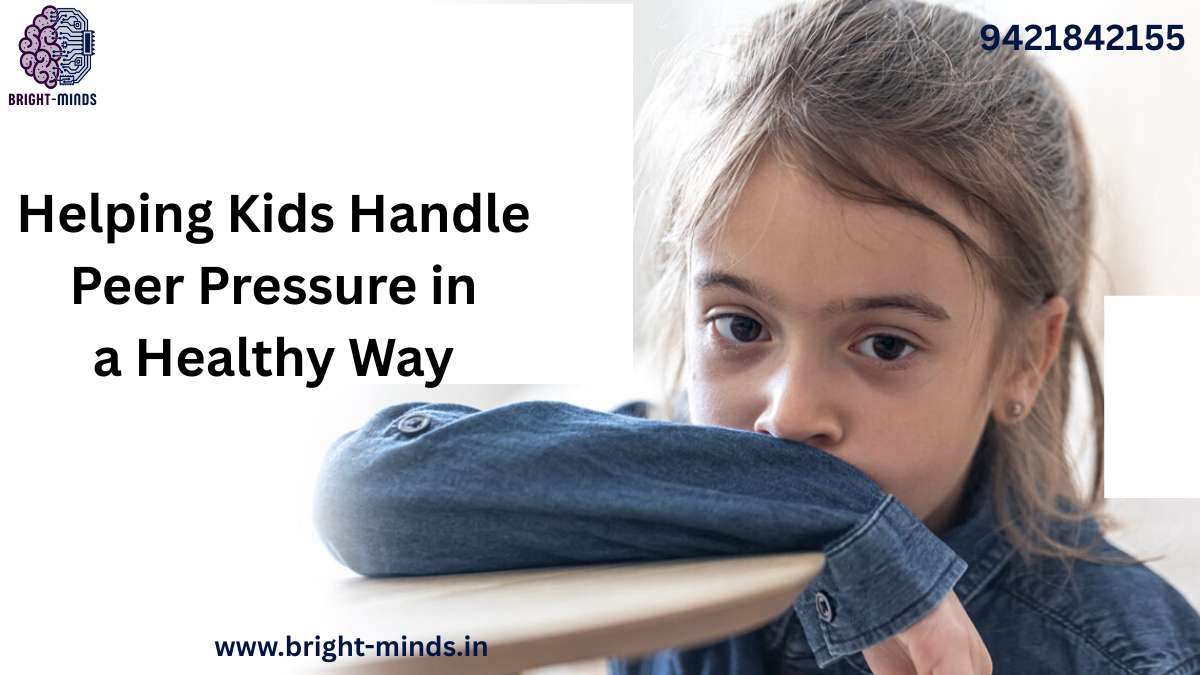Whether it’s the urge to wear the latest trends, join in on risky behavior, or mimic social media influencers, peer pressure affects kids as early as age six. While it’s often perceived negatively, peer pressure isn’t always bad. It can motivate kids to perform better in school, join positive clubs, […]
Read More
The Role of Mentorship in Child Development: A Lifelong Investment
In today’s fast-paced, ever-evolving world, children are bombarded with influences from every direction—social media, peers, education systems, and pop culture. Amid all this noise, one constant can make a world of difference: mentorship. Mentorship in child development isn’t just a nice-to-have; it’s a game-changer. Whether you’re a parent, teacher, coach, […]
Read More
Building Global Awareness in Kids Through Travel and Culture
In a world that’s more connected than ever, raising children to be globally aware is no longer optional—it’s essential. From international careers to cross-cultural friendships, kids today will grow up navigating a truly global landscape. The ability to understand and respect different cultures, communicate across languages, and appreciate global diversity […]
Read More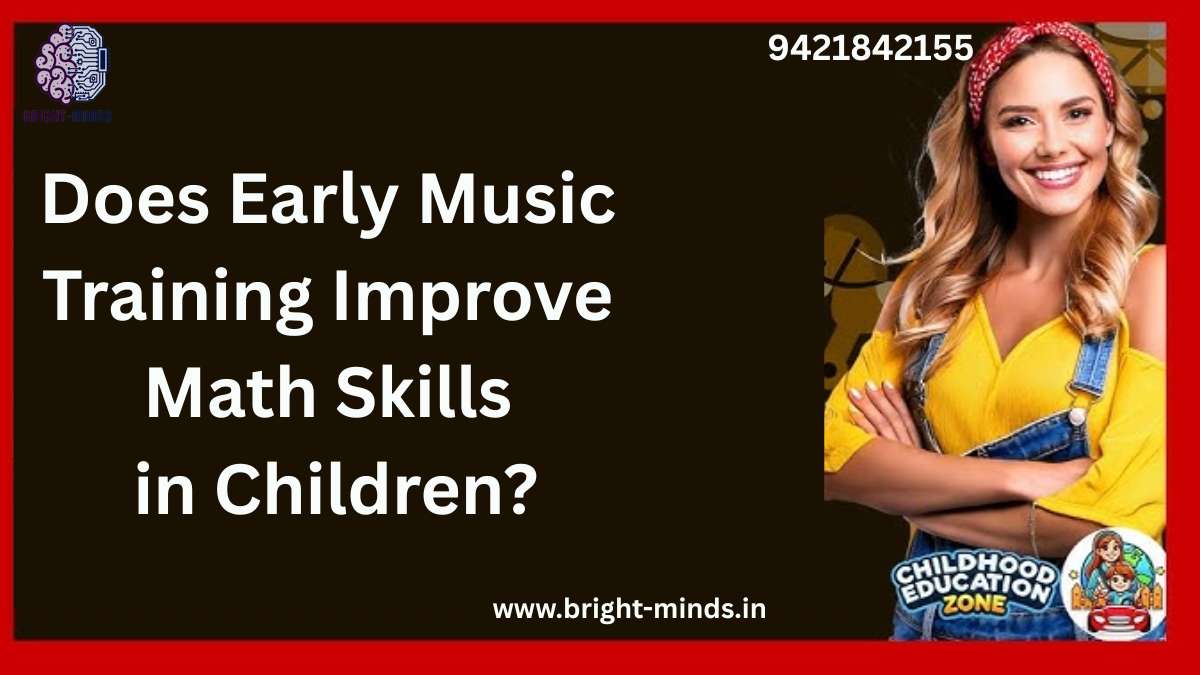
Does Early Music Training Improve Math Skills in Children?
If you’ve ever wondered whether signing your child up for piano or violin lessons might do more than just improve their musical talent, you’re not alone. One of the most fascinating conversations happening among educators, parents, and even corporate learning professionals today is this: Can early music training improve math […]
Read More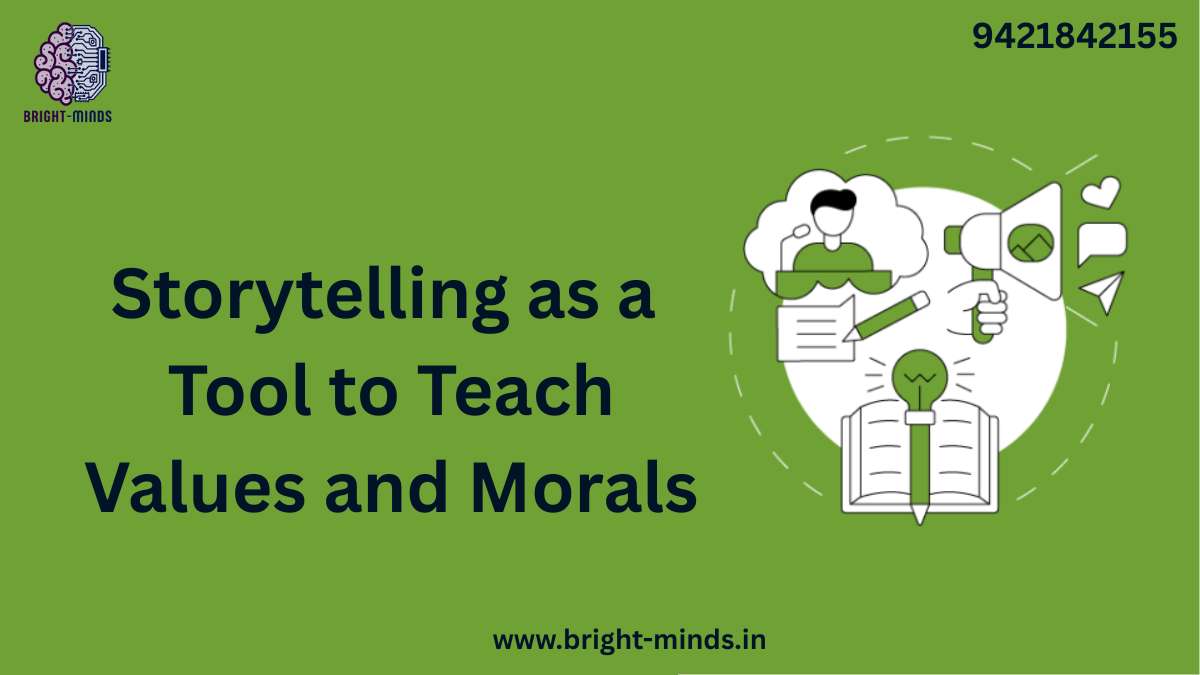
Storytelling as a Tool to Teach Values and Morals
Think back to your childhood—do you remember the story of the tortoise and the hare? Or maybe a grandparent’s bedtime tale with a hidden lesson? Whether from fairy tales, fables, or cultural myths, these stories weren’t just entertainment—they were teaching moments. They shaped our beliefs, sparked our imagination, and instilled […]
Read More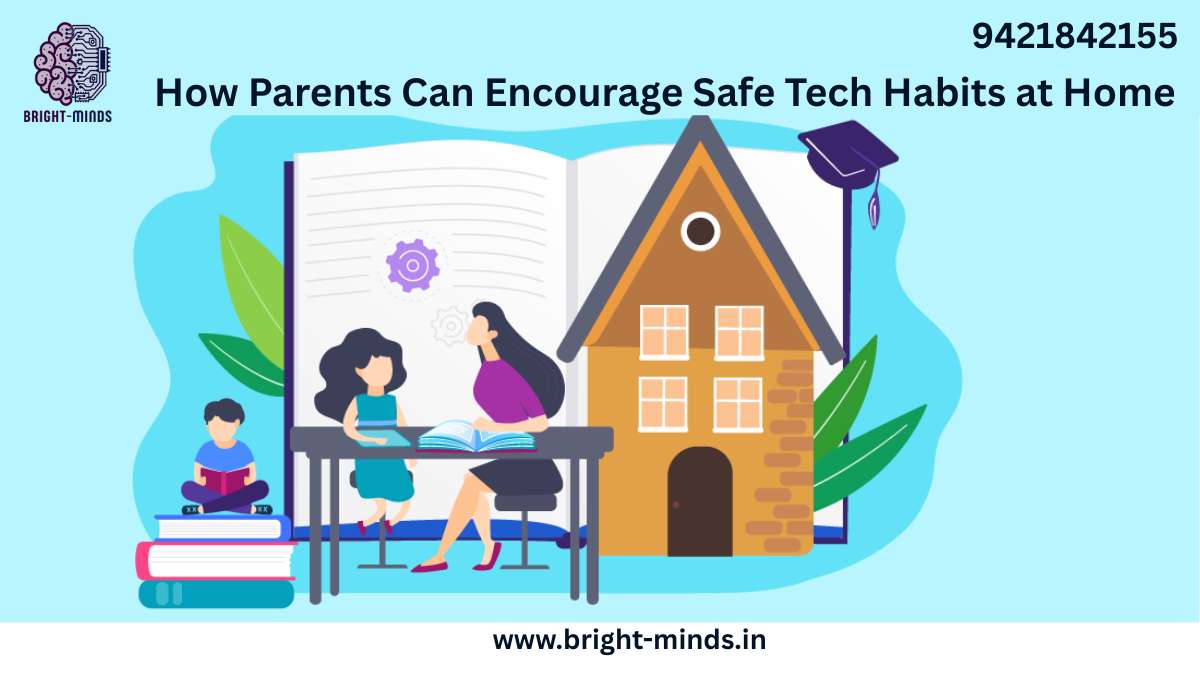
How Parents Can Encourage Safe Tech Habits at Home
In today’s hyper-connected world, screens are everywhere—from the phones in our pockets to the tablets our kids use for school. Technology brings incredible opportunities for learning, creativity, and connection, but it also comes with real risks: screen addiction, online bullying, privacy issues, and exposure to inappropriate content. As parents, caregivers, […]
Read More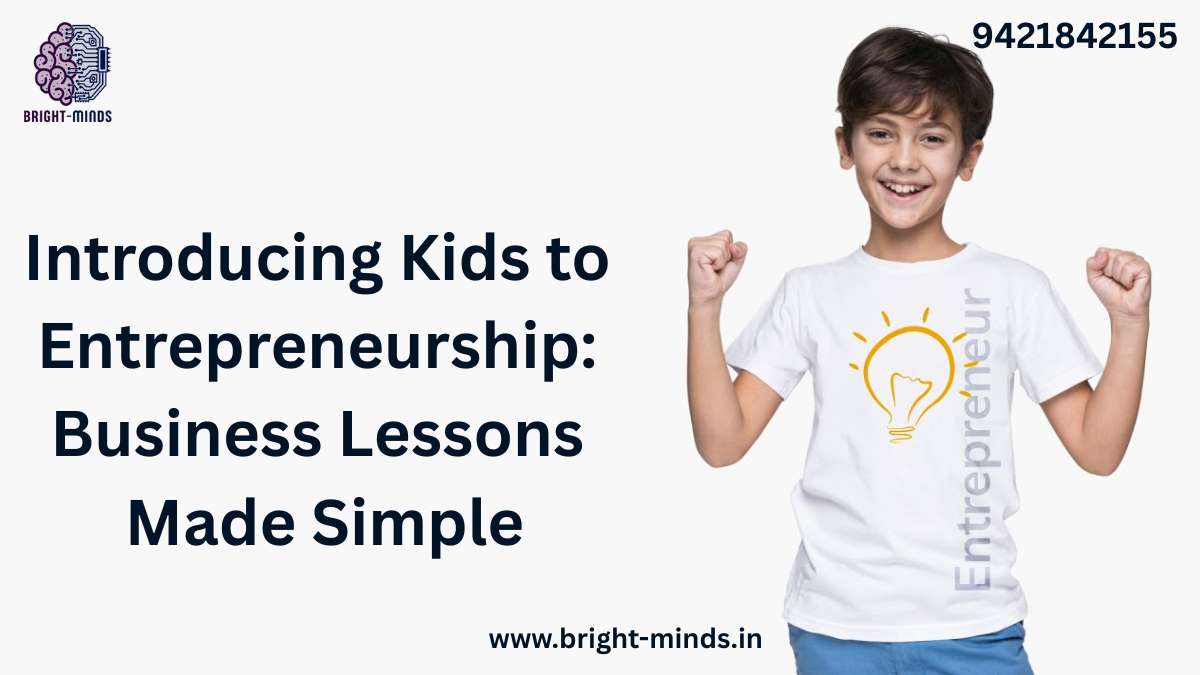
Introducing Kids to Entrepreneurship: Business Lessons Made Simple
We live in a world changing faster than ever—with startups sprouting up, digital marketplaces booming, and young innovators making waves globally. If you’re a parent, teacher, or employee who works with kids (or if you just remember what it was like to be a kid with big dreams), this post […]
Read More
Why Debate Skills Are Crucial for Future Leaders
In a world driven by ideas, communication, and rapid change, one skill consistently rises above the rest: the ability to debate effectively. Whether you’re leading a team, managing a business, navigating global markets, or simply aiming to be a more confident communicator — debate skills are your gateway to leadership, […]
Read More
The Role of Sports in Shaping Discipline and Focus
In a world full of distractions, developing discipline and focus isn’t just a personal benefit — it’s a professional advantage. While books and classrooms teach knowledge, sports teach life. Whether you’re a parent, educator, company leader, or lifelong learner, understanding how sports shape discipline and focus can help you — […]
Read More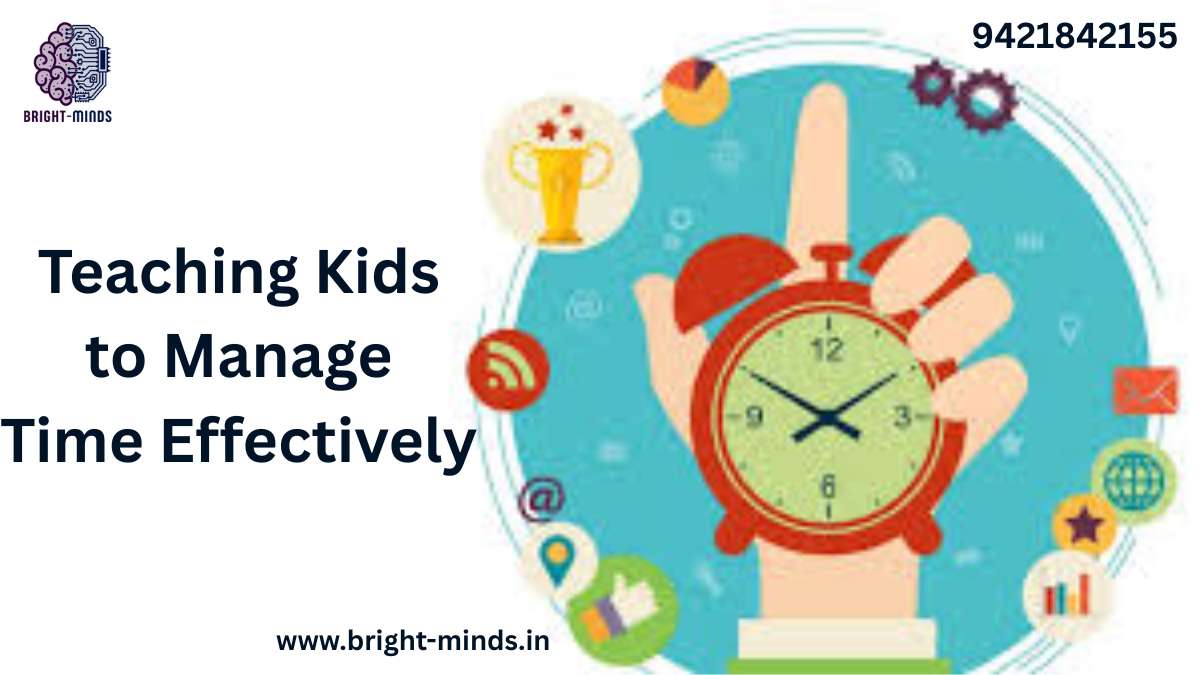
How to Teach Kids to Manage Time Effectively: A Lifelong Skill for Success
In today’s fast-paced world, time management isn’t just a nice-to-have — it’s a must-have skill. And guess what? It’s never too early to start. Teaching kids how to manage their time effectively lays the foundation for better academic performance, healthier habits, reduced stress, and ultimately, a more successful future. Whether […]
Read More
